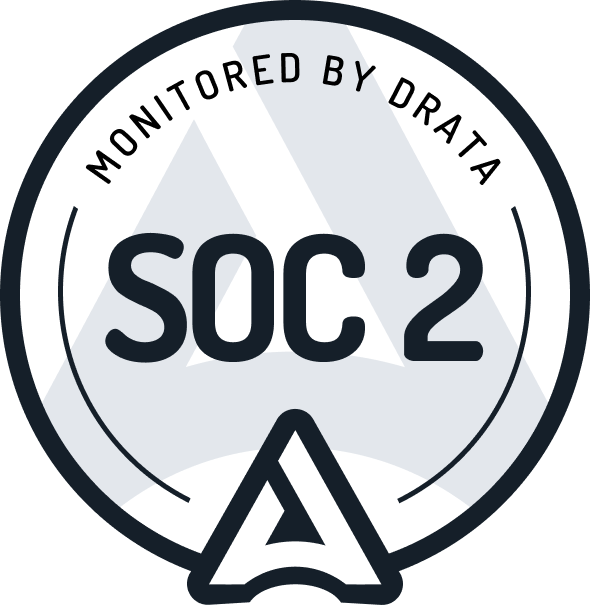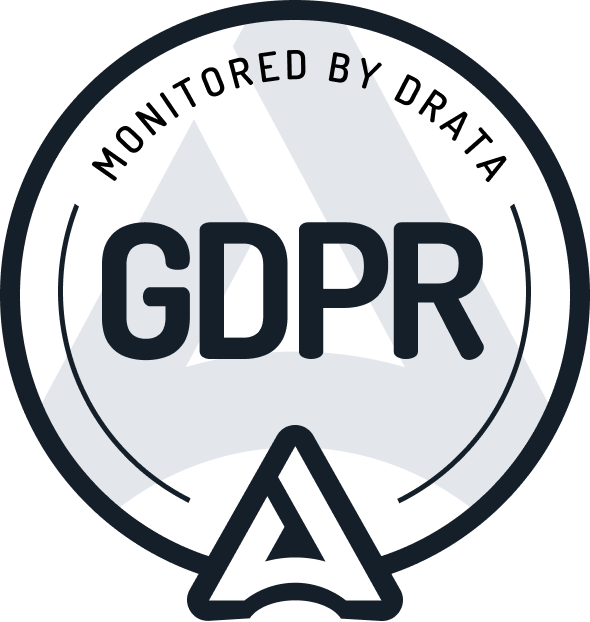
Building a developer community based on directness and transparency at Checkly
Get notified when customers mention you online - with Crowdlens
Jonathan Reimer: Hey Giovanni! Can you introduce yourself and give us a little overview of how you got into Developer Relations?
Giovanni Rago: My first real job out of university was at a small startup called TestObject, which offered one of the first real device cloud SaaS solutions for manual and automated testing. I studied Computer Science and always thought I’d be a developer, but after some time working directly with users, it felt natural to me to jump in and speak directly to them whenever possible.
So my job evolved, and after some time, I supported the enterprise sales team from the technical side. TestObject was subsequently acquired by Sauce Labs, and after that acquisition I continued to work with the product’s enterprise users for the next few years. I have since moved on and spent more than a year as Head of DevRel at Checkly, speaking to an even more technical crowd, since our users are almost exclusively developers.
Jonathan: Can you give us a short pitch of what Checkly is doing?
Giovanni: Checkly is a very developer-focused active monitoring platform. Let's say you run a webshop and want to know that your key user flows and APIs are working fine all the time. There are different approaches you can take: one would be to closely monitor what your users are doing - so-called “real user monitoring.” We take the other route: synthetic monitoring, which is about using headless browsers and API requests to hit the target system just like the end-user would. The idea here is that when something goes wrong with your platform, you can know it before the first real user notices it and quickly remediate it.
Jonathan: What does community mean for Checkly and how do you tackle your everyday work?
Giovanni: We're now 15 people at Checkly, most of whom are engineers, so we're very product-heavy. At the moment, Checkly, being a new startup relatively few people have heard of, needs visibility more than anything. So there's a lot to do and not a lot of time to do it. You have to make sure that you're doing impactful activities. At the moment, the DevRel activities with the highest priority tend to be around creating original, deeply technical content. Some of these get great traction, like our Learn Headless portal and our Selenium-Puppeteer-Playwright-Cypress benchmark.
It's also crucial to be as transparent and approachable as possible. So if folks have any sort of feature request, issue or feedback, they can reach us directly - often in a call. They also can help us guide our public roadmap, which is available for everyone to see on Github. Being transparent and receptive will reward you! Do it and you will start seeing a community forming around your product.
Jonathan: Which platforms are most important to you?
Giovanni: We try to get in touch with people directly. Therefore, Twitter is a valuable resource for us to get involved in conversations. Since most of our users are developers, GitHub is also key for us. Another one would be Intercom, which is what we are using for quickly assisting customers. We try to be responsive in our chat and balance in-depth technical troubleshooting with short response times for everyone. When we can’t get to everyone immediately, Intercom allows us to quickly switch to a more async workflow.
Jonathan: What were the most impactful learnings you made working with developer communities?
Giovanni: I think there is a high degree of openness but at the same time a healthy degree of skepticism about people who just want to sell stuff. But if you help people, they will typically be willing to help you back.
So really try to put something out there that can help somebody. That can be a tutorial, a code example, basically anything that can get somebody up and running faster. When I'm looking for a solution to an issue and see content put out by a company that helps me, I tend to remember them. They stay on my radar in a sea of nameless products.
Jonathan: What would you say is the biggest challenge you have to overcome in daily business when building communities?
Giovanni: I'm not even sure which one I would say is number one. I guess very often; it’s just prioritizing. We have many ideas for what to write about, what to try out, what to run a quick POC on, and it's hard to say what will stick and what will not. We use a great privacy-aware tool for analytics to just see how many people are visiting which page and what is talked about most. We want to see what people are drawn to and what they find useful. Right now I am trying to find problems that need solving with Puppeteer, Playwright (and other technologies that are key for us) so I can write about them. But again, it’s hard to predict what will resonate for the larger audience out there, and what just seems interesting for me and my colleagues!
Jonathan: What's your favorite resource on community building?
Giovanni: I've read a few things, but I cannot tell you off the top of my head. I have become convinced that you should have a certain level of firsthand experience before you start studying to systematize that knowledge, otherwise you end up worrying too much. I'm not saying “don’t study anything,” but I also don't think that you should endlessly research everything first when getting into something (that’s something I fell for one too many times).
Jonathan: What do you think the future of the community will look like?
Giovanni: I think the community will be all about directness and transparency. You have to show as much as possible to the end-user. They will be free to dive in as deep as possible and influence the roadmap directly and transparently. I find that 99% of developers are very reasonable. They will ask for something to be implemented in the product, but they know full well that they are not the only ones talking to us, and that they might have to wait or to consider submitting a PR themselves. So there's no reason not to encourage this kind of direct user input to the product’s development. I think we can all just benefit from it.
Jonathan: Thank you!
About "The Rise of Community"
Community is moving more and more into the focus of the software industry and beyond. Traditional marketing approaches are coming to an end with more of our (professional) lives taking place online. Therefore, companies are relying on building communities now more than ever. This is especially reasonable for products that rely on a bottom-up approach such as open-source or API. But how do these new, community-driven organizations work? What are their tips and tricks? And how will the future of communities look like? In the interview series “The Rise of Community”, you will read about the world's best community builders, including founders, DevRels, developer marketers, and community managers.
Get insights to your inbox.
Once per month. No spam.


.png)





